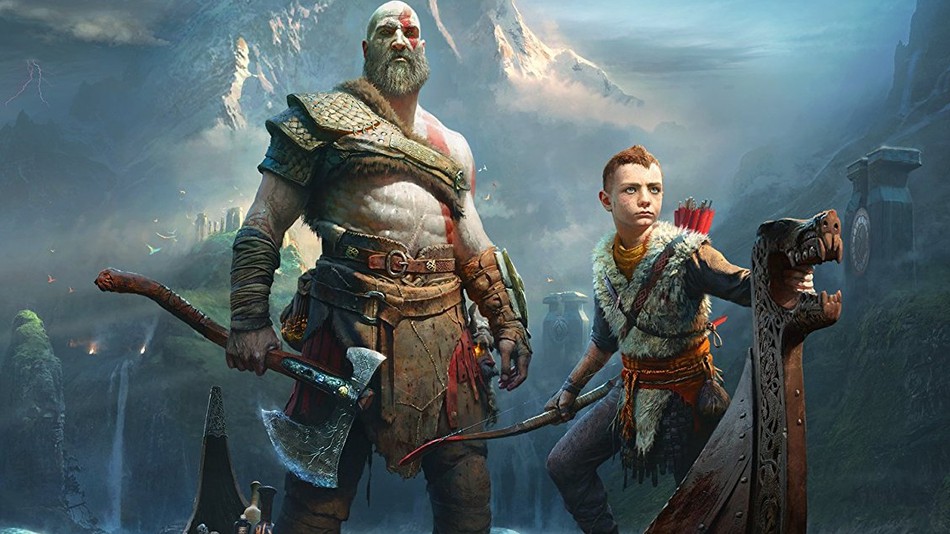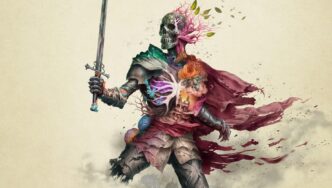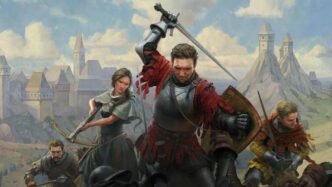Video games are the most immersive form of media there is. The best of games can leave a profound mark on you.
However, there are a lot of elements tied to this experience. There are the gameplay mechanics, the narrative and the lore, among other things. All of these elements are part and parcel of world-building- a potent tool in the game developer’s toolkit.
World-building is the act of creating a new world from scratch. In the context of game development, world-building can be used to flesh out your characters and their environments, or even as inspiration for new game mechanics.
Tolkien and George R.R. Martin are famous world builders, often spending more time building worlds than actually writing their stories. Modern games, such as the Witcher 3 and God of War draw heavily from their influences, as well as their own sources.
Reinventing a World and its Characters
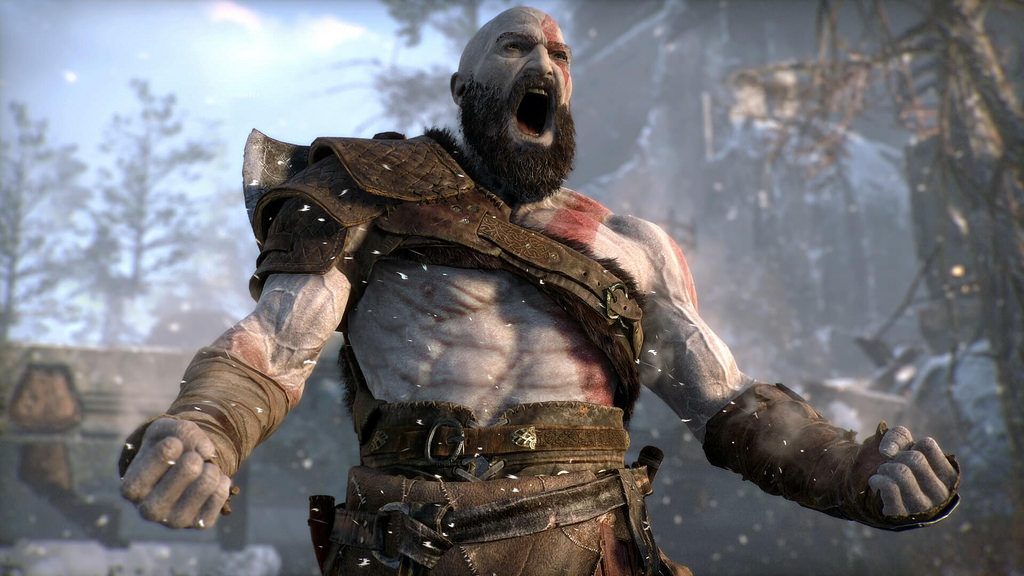
Let’s talk more about God of War. The original trilogy was a textbook case of ‘good, but not great’. It had tight game play, a solid story with good exploration of the Greek pantheon. However, the game game world itself was uninspired and fell short.
The first three games also lacked good characters. By character, I refer to Kratos, and all the gods he obliterates. They were barely fleshed out and possessed paper-thin motivations.
Kratos became well known for his unrepentant brutality.
There was a gruesome, undeniable pleasure in helping the man wage his unholy war. The butcher of Olympus stayed angry throughout the trilogy, showing little sign of character development.
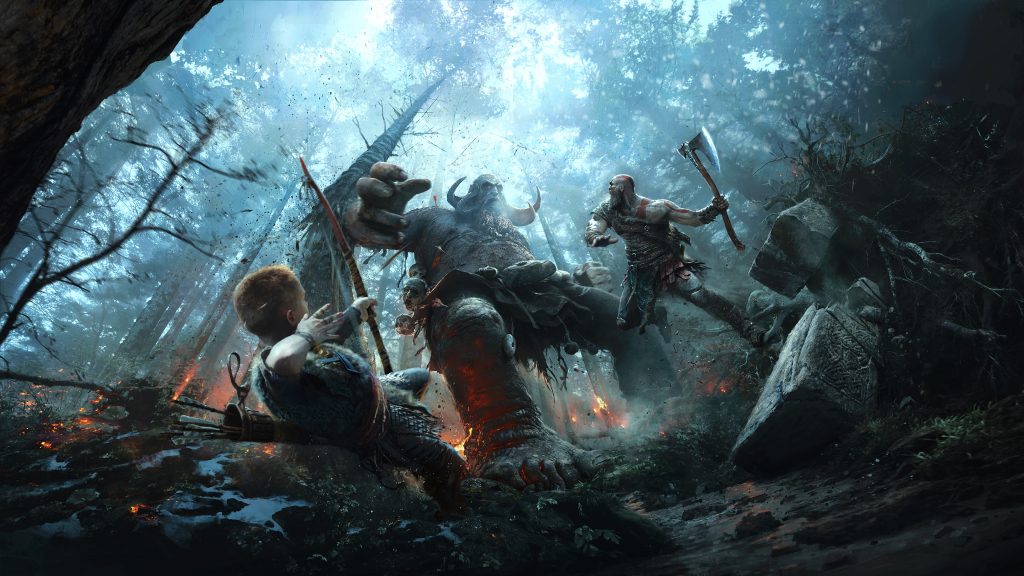
The new game executes a soft reboot with Kratos’ character. Not only does he now sport a bushy, Nordic look, but he is also more reserved and thoughtful. This is apparent in the context of his relationship with his son, Atreus. The young boy, still recovering from his mother’s death, is unaware of his father’s past at the beginning of the story.
The main story centers around the father and son duo journeying to the highest mountain peak in the land to scatter Atreus’ mothers ashes. The narrative unfolds at an even pace, balancing the threads of the present with the backstory of Kratos’ arrival in Nordic lands. Kratos and Atreus’ relationship is the game’s principle triumph of characterization. The boy’s questioning nature serves as a great foil to his father’s grumpiness.
Why Great Stories Playing Second Fiddle to Gameplay is a Good Thing
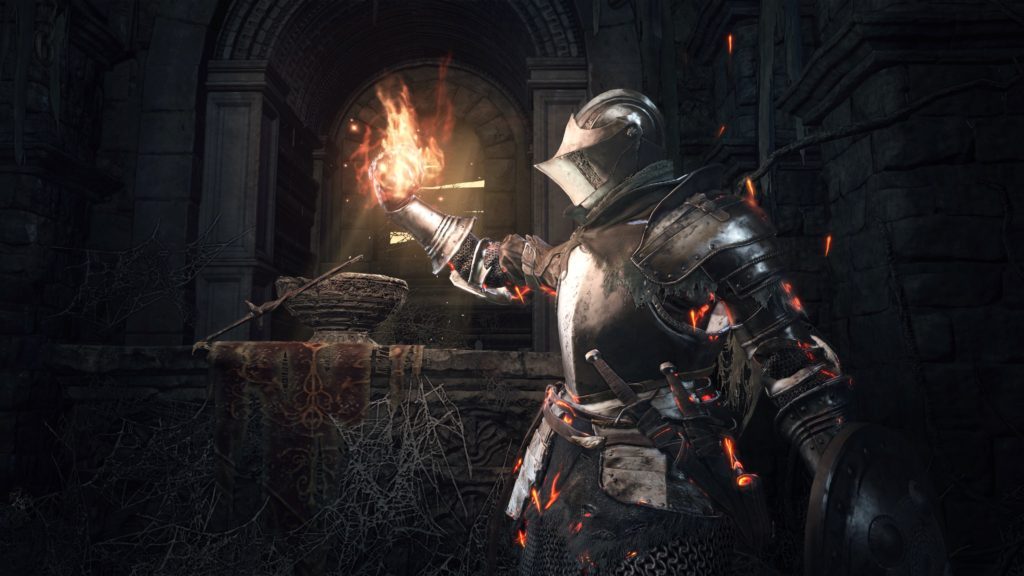
Other than the narrative, the gameplay mechanics and difficulty also play important roles in making the game feel tangible. When Hidetaka Miyazaki was asked why Dark Souls is so relentlessly difficult, for instance, he said that it isn’t difficult for the sake of it, but rather is a means to pull the player in to its gritty world. Ultimately, when you know the gravity of each button press, you gain an admiration for the bosses and the world in general. You become more careful of your surroundings.
Dark Souls puts its story and world firmly in the background. Rather, the player ends up building a world for himself or herself – by creating their own experiences, own emotional outtakes and own interpretations.
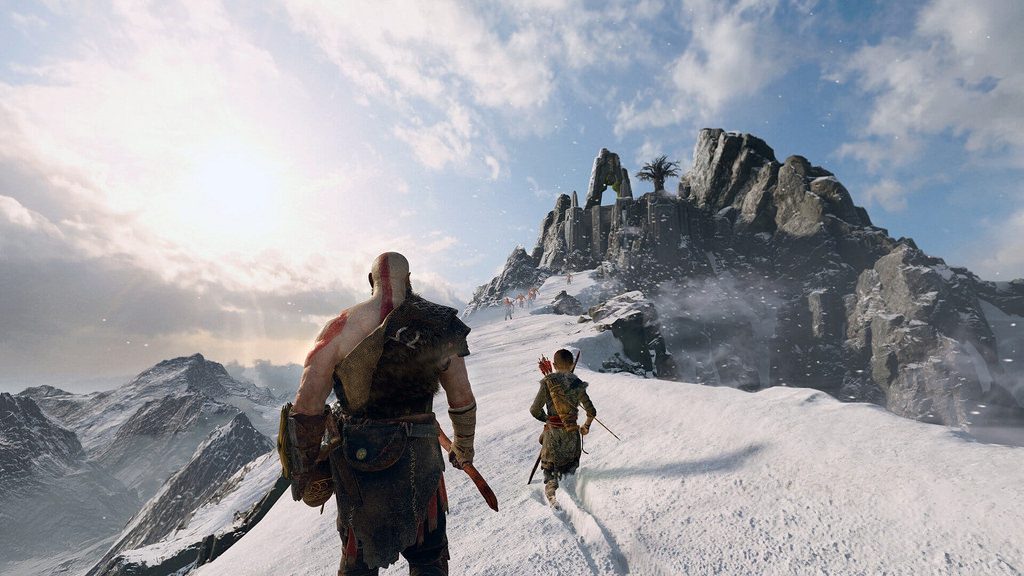
In God of War, we often see a similar minimalist approach. Here, the narrative is mostly explained through well written dialogue. It lends depth to the protagonist and his son, as they traverse the world through boat rides and mountain treks.
Furthermore, the design of each magical element and their animations enhance the overall experience. It increases the game’s authenticity.
The gameplay and design elements complement the world-building.
These elements often compel players to later peruse other texts, such as Neil Gaiman’s Norse Mythology, to compare and contrast their experiences with God of War.
It took director Cory Balrog and Santa Monica more than five years to build God of War, and it shows in every element of the end product. Not only are the visuals quite impressive, there are also no load times in God of War. It is a seamless experience from start to finish, creating a highly polished experience.
Journeying Into the Unknown
A great game, at the end of the day, is greater than the sum of its parts.
Games like God of War and Dark Souls understand this very well. They take their strongest elements and capitalize on them. Similarly, Skyrim’s vastness truly made you feel like an explorer; the mechanics of Portal blended well with the drab environment, creating an eerie world for you to figure out.
To tell an interesting story, you need interesting characters, interesting events, and most importantly, an interesting world. God of War accomplishes the latter very well. We hope that Santa Monica continues to do so for future installments as well.
